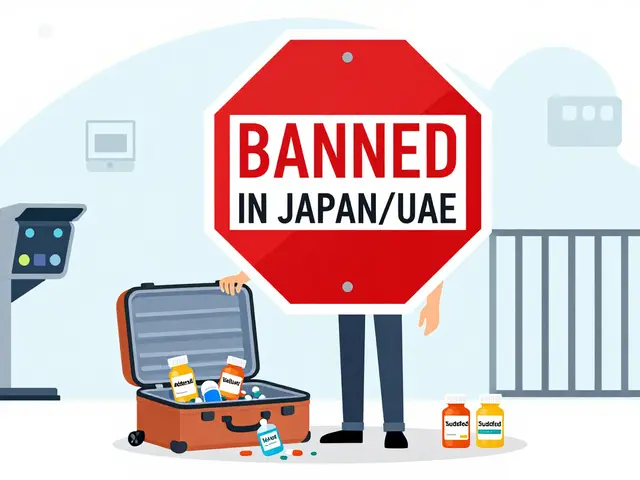Parasitic Infections: What They Are and Why They Matter
If you’ve ever heard someone say they got a "worm" or “protozoa” and wondered what that really means, you’re not alone. A parasitic infection happens when a tiny organism lives off you, feeding on your blood, nutrients, or tissues. These critters can cause anything from mild stomach upset to serious organ damage, so knowing the basics can help you spot problems early and act fast.
Common Parasites You Might Encounter
There are two big groups you’ll hear about most often: worms and protozoa. Worms include roundworms, tapeworms, and hookworms – the kind you might pick up from contaminated soil or undercooked meat. Protozoa are single‑cell organisms like Giardia, Cryptosporidium, and the malaria‑causing Plasmodium; they usually spread through dirty water or mosquito bites.
Each parasite has its own favorite spot in the body. For example, hookworms love the small intestine, while malaria parasites invade red blood cells. Knowing where they hide helps doctors choose the right tests and medicines.
Spotting Symptoms Early
Symptoms can be vague at first, which is why many infections go unnoticed. Common clues include:
- Unexplained stomach cramps or diarrhea
- Fatigue that doesn’t go away
- Weight loss despite eating normally
- Itchy skin or rash near the bite site
- Fever that keeps coming back
If you notice a mix of these signs, especially after traveling or eating unfamiliar foods, it’s worth checking with a health professional. A simple stool test or blood work often catches the culprit.
Treatment Options You Can Trust
Most parasitic infections respond well to prescription medicines. Anti‑helmintic drugs like albendazole and mebendazole target worms, while anti‑protozoal meds such as metronidazole, tinidazole, or artemisinin‑based combos fight protozoa. Your doctor will pick the right drug based on the parasite type, how severe the infection is, and any other health conditions you have.
It’s crucial to finish the full course, even if you start feeling better. Stopping early can let the parasite survive and cause a rebound infection.
Practical Ways to Prevent Getting Infected
Preventing parasitic infections is mostly about hygiene and smart choices:
- Wash hands with soap before meals and after using the bathroom.
- Drink filtered or boiled water, especially when traveling.
- Cook meat thoroughly; avoid raw or undercooked pork, fish, and beef.
- Use insect repellent and sleep under nets in malaria‑risk areas.
- Wear shoes outdoors to keep soil‑borne worms out of your skin.
These habits might seem obvious, but they cut down the risk dramatically.
Parasitic infections can be uncomfortable, but they’re usually treatable when caught early. Stay alert to symptoms, get tested if something feels off, and follow simple prevention steps. With a bit of awareness, you can keep these unseen guests out of your life.
Exploring the alternatives to mebendazole in 2025 offers insight into different treatments for parasitic infections. Mebendazole has long been a go-to choice, but there are other options available, each with its own pros and cons. This article highlights substances such as diethylcarbamazine, nitazoxanide, albendazole, ivermectin, pyrantel pamoate, and triclabendazole, providing a comprehensive overview for those seeking alternatives.



 Medications
Medications




